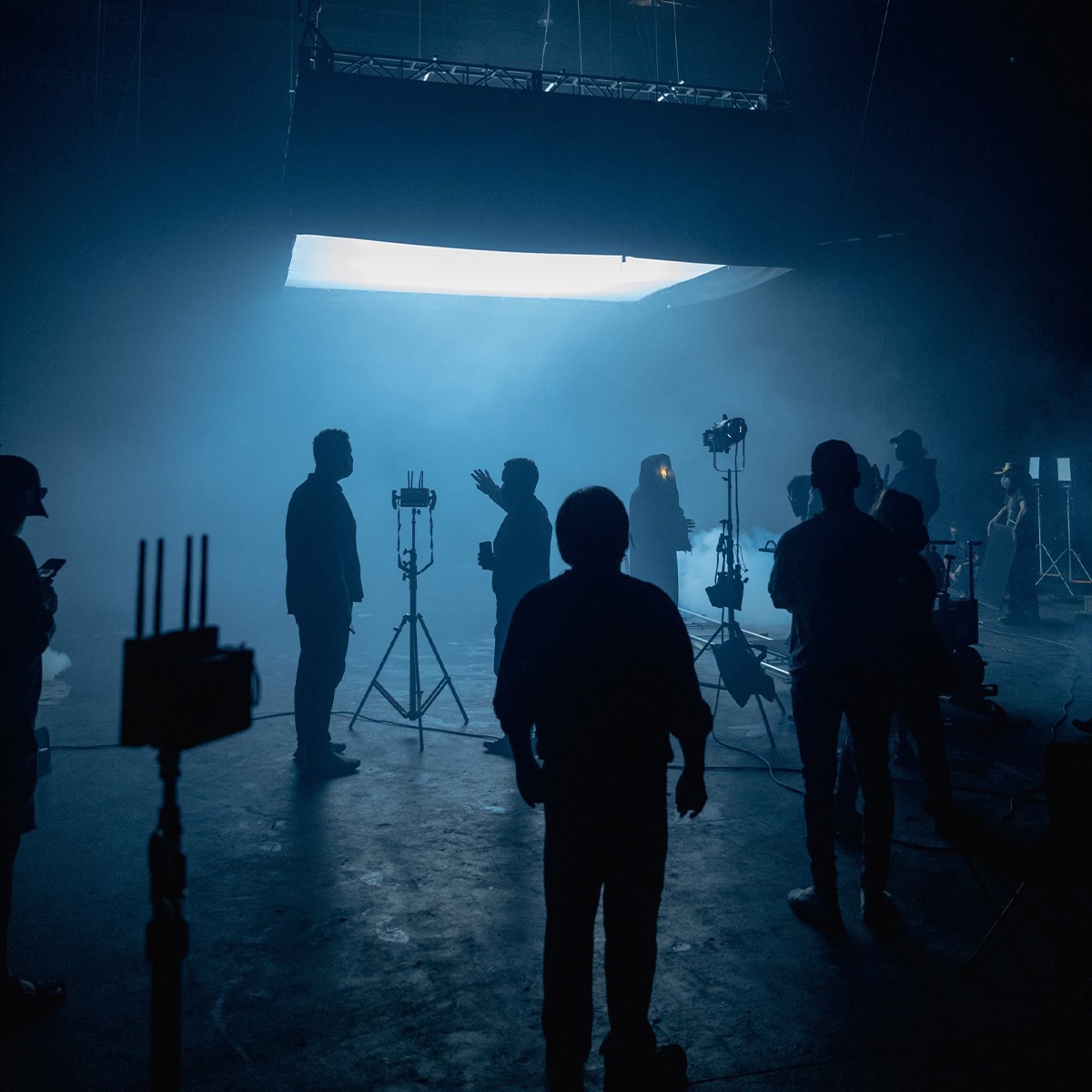Sound Department
Film Crew Position: Mixing and Mastering

What does a Mixing and Mastering do?
Mixing and Mastering is a crucial aspect of the sound department in film production. It involves the process of combining and balancing audio elements to create a polished and cohesive final soundtrack. This includes adjusting the levels, equalization, and placement of different sound elements, such as dialogue, music, and sound effects. Mastering, on the other hand, focuses on refining and enhancing the overall sound quality of the final mix, ensuring that it is consistent across different playback systems.
What role does a Mixing and Mastering play?
The role of a Mixing and Mastering professional is to bring together the various audio elements of a film and create a well-balanced and immersive sound experience for the audience. They work closely with the sound designer, composer, and director to understand the vision and requirements of the project. Their primary responsibilities include adjusting levels, equalizing frequencies, applying filters, and creating spatial effects to ensure that every sound element is clear and effectively contributing to the storytelling. The Mixing and Mastering professional also ensures that the final mix meets technical standards and is compatible with different distribution platforms.
Do you need to go to college to be a Mixing and Mastering?
While a specific college degree is not always required for a Mixing and Mastering position, a strong background in sound engineering, music production, or audio technology is highly beneficial. Many professionals in this field have completed programs or courses in sound design, recording arts, or audio engineering. Additionally, hands-on experience with audio editing software and professional mixing consoles is essential. Relevant certifications or workshops in audio post-production can also enhance one's prospects in this field.
What skills do you need to be a Mixing and Mastering?
To excel as a Mixing and Mastering professional, a strong foundation in sound engineering principles is necessary. This includes a deep understanding of audio frequencies, dynamics, and acoustics. Proficiency in using digital audio workstations (DAWs) and software plugins is essential for manipulating and enhancing audio elements. Attention to detail, critical listening skills, and the ability to work collaboratively in a team are also important. Additionally, knowledge of industry-standard audio formats and delivery requirements is crucial for creating soundtracks that meet technical specifications.
New to filmmaking?
Get Free Template
Use our budget template to get a kick start on your film project. Get access to dozens of templates no matter what type of project!
